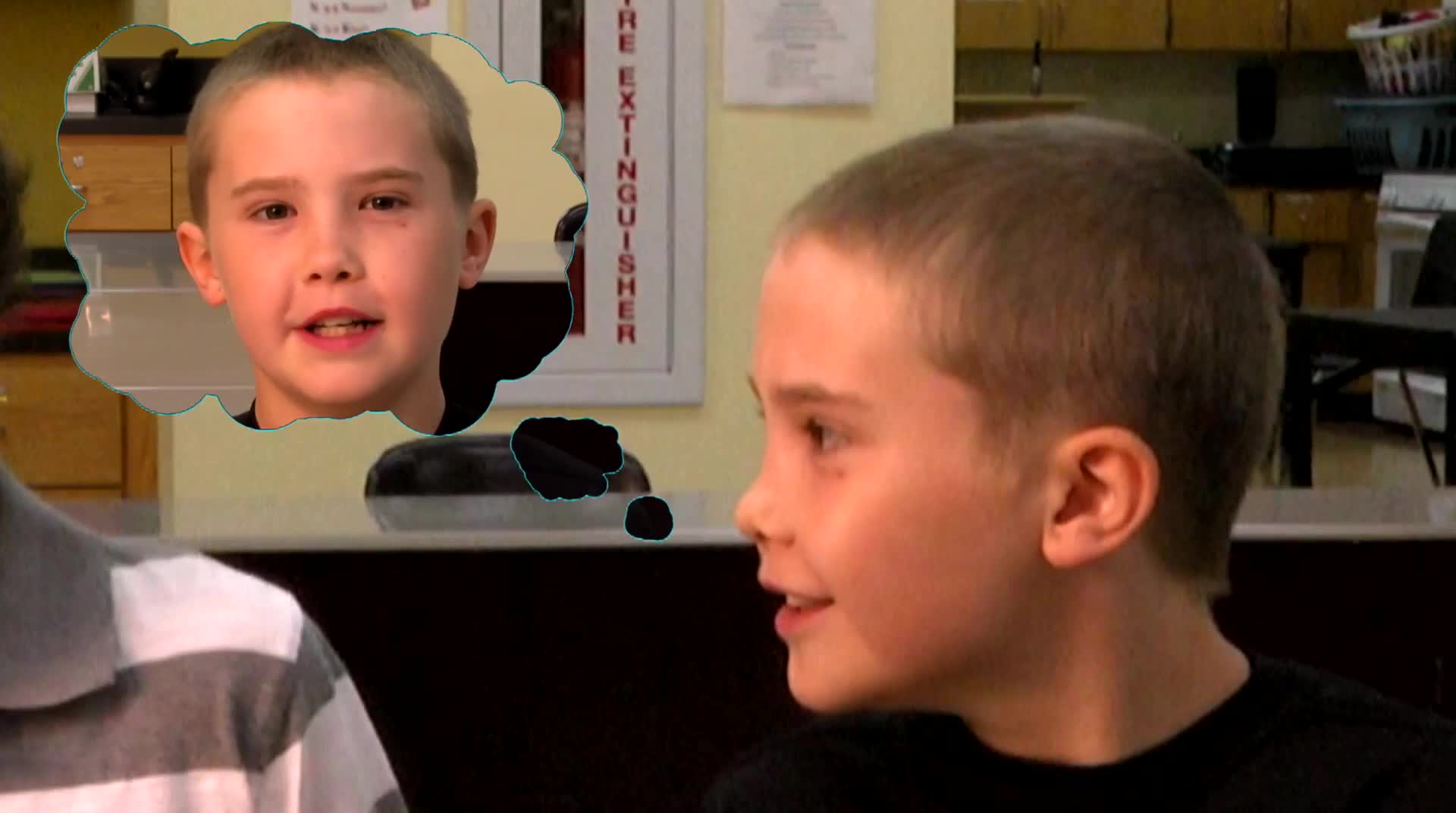
Introduction
Personal space is an essential concept for children to learn, as it helps them understand and respect the boundaries of others. In this blog post, we will discuss the importance of teaching personal space to kindergarten students and provide a no-prep activity, discussion questions, and information on related skills. By teaching children about personal space, we can help them develop healthy relationships and foster a positive learning environment.
No-Prep Activity: Bubble Space
This activity requires no preparation or materials and helps kindergarten students understand the concept of personal space. Have the students stand in a circle, with enough space between them to spread their arms comfortably. Explain that everyone has an invisible bubble around them, which is their personal space. They should imagine this bubble and try not to let anyone else’s bubble touch theirs.
Ask the students to walk around the room while maintaining their bubble of personal space. Encourage them to be mindful of others’ bubbles and adjust their movements accordingly. This activity allows children to practice respecting personal space and become more aware of their surroundings.
Discussion Questions
- Why is it important to respect other people’s personal space?
- How can you tell if someone is feeling uncomfortable because their personal space is being invaded?
- What can you do if someone is not giving you enough personal space?
- How do you feel when your personal space is respected? How do you feel when it is not?
- Why is personal space important in a classroom setting?
Related Skills
Besides personal space, there are other essential social-emotional skills that kindergarten students should learn to develop healthy relationships and a positive learning environment. Some of these skills include:
- Active Listening: Teaching children to listen carefully and respond appropriately to others helps them build strong communication skills and develop empathy.
- Sharing: Learning to share with others promotes cooperation and teaches children the importance of being considerate and respectful of others’ needs.
- Conflict Resolution: Teaching children how to resolve conflicts peacefully and respectfully helps them develop problem-solving skills and maintain positive relationships.
- Empathy: Encouraging children to understand and share the feelings of others helps them develop compassion and strong interpersonal skills.
Next Steps
If you’re interested in learning more about teaching personal space and other essential social-emotional skills to kindergarten students, we encourage you to sign up for free sample materials at Everyday Speech. These resources will provide you with additional activities, videos, and materials to help you incorporate social-emotional learning into your classroom and support your students’ growth and development.

